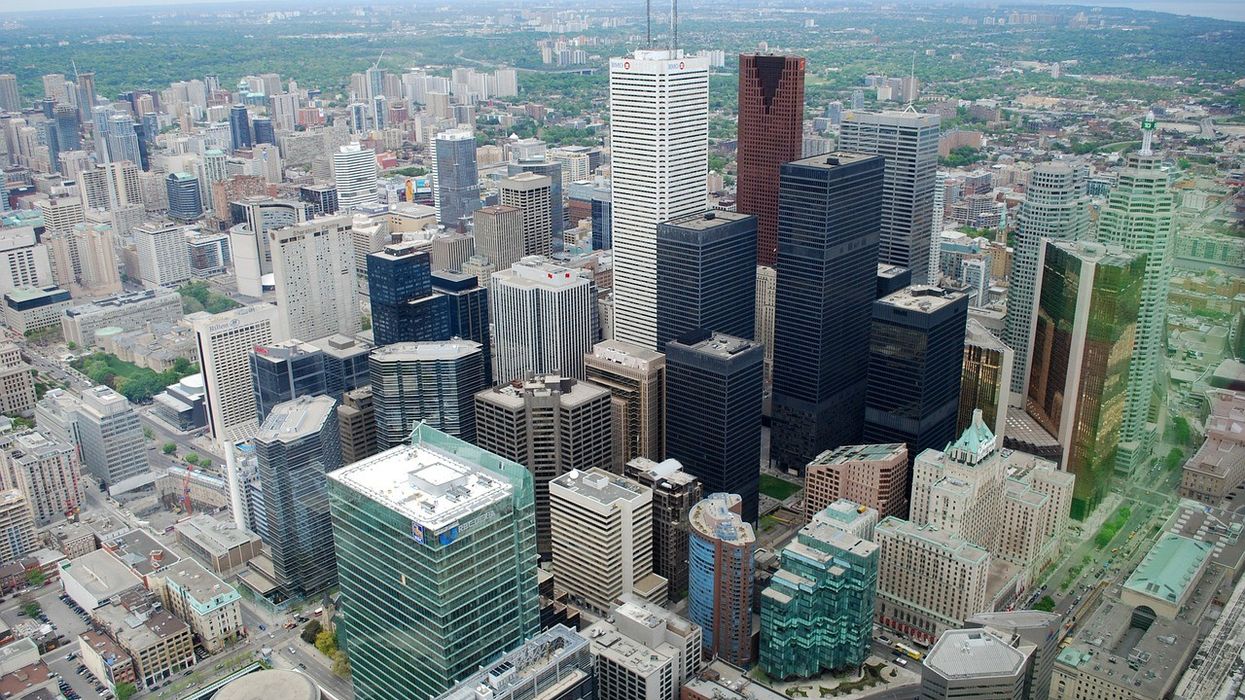As Canada’s central bank amps up the cost of borrowing in order to combat inflation, so too are worries that tighter monetary policy could overcorrect the economy, plunging the nation into a recession.
That’s according to comments made from some of Canada’s leading bank economists at the Bloomberg Canada Capital Markets Forum in Toronto.
“I’m hoping you’ll have a nice correction, we will take some of the froth out of a bunch of markets and we’ll have a nice soft landing,” said Dan Barclay, Chief Executive Officer of Capital Markets at the Bank of Montreal.
According to Bloomberg, he expressed doubt that the BOC’s new hiking mandate may not be enough to reign in soaring inflation costs, given they’re mainly due to pandemic-induced supply chain challenges and the Russian-Ukraine conflict, rather than domestic economic factors.
READ: Interest Rate Hikes Could Lower Canadian Home Prices by 10%
“That would be my hope story,” he added. “My fear story is that they raise rates really, really hard, they can’t fix demand, because it’s a supply problem and not demand, and we will have a very deep recession.”
His concerns were echoed by Roman Dubczak, Managing Director and Head of Global Investment Banking at Canadian Imperial Bank of Commerce, who said the future for monetary policy is even more tenuous as the BoC is undertaking the dual approach of quantitative tightening -- allowing the sell-off of assets on their balance sheet such as government bonds -- in addition to hiking rates.
“You’ve got to land two planes on a postage stamp, not one,” he said, speaking at the same Bloomberg event. “Hence you’re seeing market activity being what it is. It’s just a lot of precision required right now,” reports Bloomberg.
Economies around the world are set for higher borrowing costs, as the G7 central banks find themselves battling three-decade high inflation growth. In addition to the BoC’s recent hiking spree -- increasing the trend-setting Overnight Lending Rate by a half-point on April 13 -- the US Federal Reserve is following suit, implementing the same-sized hike on May 5, and kicking off their own round of quantitative tightening.
“Inflation is much too high and we understand the hardship it is causing and we are moving expeditiously to bring it back down,” said Federal Reserve Chair Jerome Powell in a press conference following the announcement on the 5th. He also stated that more half-point hikes are likely in the “next couple of meetings,” assuring the chances of another in July.
This has all resulted in considerable market volatility; US stocks are down 18% from the year’s peak, while the S&P 500 has moved lower, inching toward pricing in the likelihood of a recession within the next year, according to the fair-value model of Bloomberg Intelligence. According to the data modelling, the equity benchmark would only need to fall another 4.4% to 3,760 -- officially pricing in an economic recession south of the border.





















